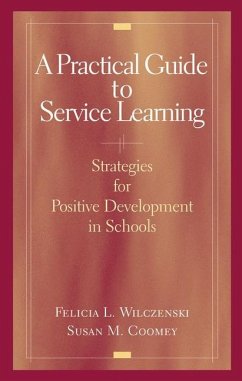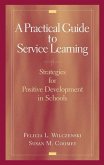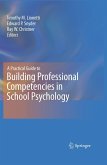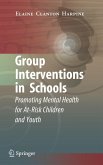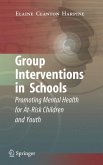"School is so boring!I hate it!" "Why do I have to learn this stuff? I'll never use it!" "What does this class have to do with anything?" As school psychologists and school counselors, how often do you hear this? Chances are many of the students referred to you do not have any cognitive impairment or emotional disability. They are bored and disengaged from school. Some students may be struggling with personal and career identity issues. Others come to you when interpersonal concerns or emotional distress interfere with their ability to learn. Still others have learning disabilities, cognitive impairment, or psychological disorders that hinder their academic progress. In this era of standards-based instruction and No Child Left Behind, the bottom line for schools is students' academic performance. The intense pressure on teachers to close the achievement gap and to produce students who achieve academically also pressures you to find effective interventions to promote school success. Ultimately, the goal of your work is to enable academic learning to take place-for both regular and special education students. The challenge is enormous.
From the reviews: "The text has several positive features. First, the authors' writing style is engaging ... . Second, the authors do a good job of describing the different theories, conceptualizations, and principles of service learning ... . Third, this text is a good repository of practical tips and helpful guidelines. ... makes an important contribution in recognizing service learning as a potentially important intervention with relevance for researchers, educators and school mental health staff. ... It should be useful for anyone wishing to augment students' educational development." (Joseph A. Durlak and Christine I. Celio, PsycCRITIQUES, March, 2008)

